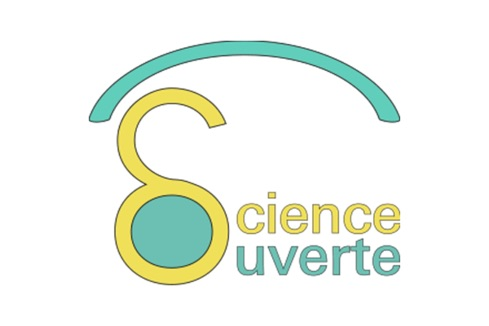According to the 2020 edition of the Open Science Barometer (BSO), 56% of the 156,000 French scientific publications published in 2019 (87,000) were open access in December 2020.
The rate observed in December 2019, relating to publications made in 2018, was only 49%. Thus, the rate has increased by 7 points in one year.
From one discipline to another, the proportion of open access varies greatly, from 75% for publications in Mathematics to 40% in Engineering Sciences.
Scientific publications published in 2018 or in previous years have an increasing openness rate over time. In particular, those published in 2018 are now 54% open (+5 points compared to December 2019), and the increase, which concerns all disciplines, is stronger in those less open.
Both channels (via publishers or via open archives) continue to strengthen without exclusion.
Set up within the framework of the National Plan for Open Science, the French Open Science Barometer initially aims to measure the share of open access to French scientific publications and its progression by type of access and by discipline. The 2021 objective is to develop a barometer of open science in health in response to the issues raised by the health crisis.
Références :
The National Open Science Plan
Announced in 2018, this planRéférence :
mandates open access for publications and for data from project-funded research. It establishes an Open Science Committee and supports major initiatives to structure the landscape for publications and data. Finally, it has a training component and an international component that are essential to the mobilization of scientific communities and to France's influence in this emerging landscape.What is open science?
Open science is the unhindered dissemination of research publications and data. It takes advantage of the opportunity presented by the digital transformation to develop open access to publications and - as much as possible - to research data.- Its goal: to move publicly funded research out of the confines of closed databases. It reduces duplication of effort in the collection, creation, transfer and reuse of scientific material. It thus increases the efficiency of research.
- Open science aims to build an ecosystem in which science is more cumulative, more strongly supported by data, more transparent, faster and more universally accessible. It induces a democratization of access to knowledge, useful for research, training, economy and society.
- It promotes scientific advances as well as innovation, economic and social progress, in France, in developed countries and in developing countries.
- It is a lever for scientific integrity and promotes public confidence in science. It constitutes a scientific progress and a progress of society.
Référence :





